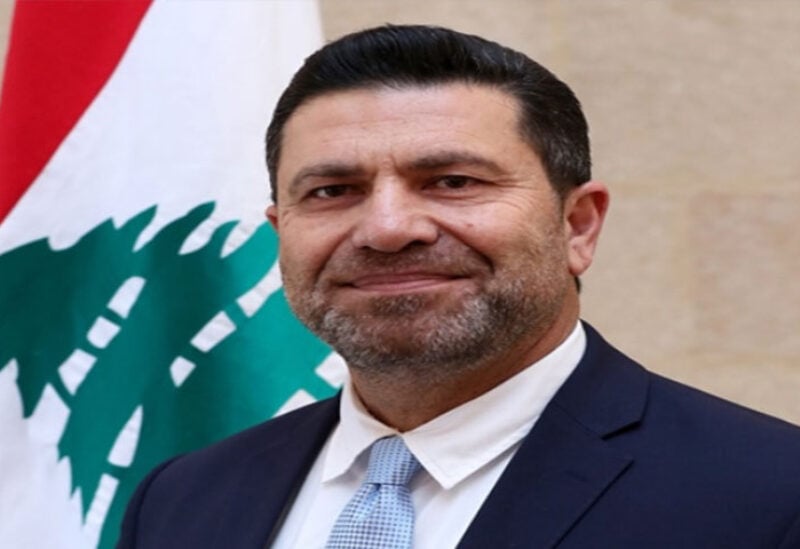
Caretaker Minister of Energy and Water Resources, Ryamond Ghajar
Caretaker Minister of Energy and Water Raymond Ghajar revealed that a four-way meeting will be held this week in Amman, Jordan. It will include the energy ministers of Egypt, Jordan, Syria and Lebanon, in order to revive the agreement of gas imports from Egypt, which was concluded in 2009 to supply Deir Ammar plant in the north with sufficient quantities of gas.
Ghajar said in an interview with Layal Al-Ikhtyar via Al-Hurra channel: “This will help us operate a plant with a capacity of 450 megawatts, while Iraqi oil will be used in other plants. This means that we can increase the capacity by an additional 4 hours, in addition to the hours provided by Iraqi oil.”
He also revealed that Jordan has a large surplus of energy production from wind and solar power plants, and they are ready to sell it. This can secure between 200 to 400 megawatts.
Ghajar explained that there is possibility to negotiate with Syria to import energy through its territory, and there are technical matters that must be studied with the Syrian side, due to Caesar’s law. “We should obtain some exceptions to deal with the Syrian state while we are working on this issue,” he said.
As for Iraqi oil, Ghajar declared, “With the help of Major General Abbas Ibrahim and the three presidents, we had reached an ideal agreement with Iraq to secure one million tons, or nearly a third of our need for fuel, in return for a payment deferred for a year, and most importantly, the payment would be in Lebanese pounds.”
Ghajar added that there is a possibility for a new agreement with Iraq in the future in order to increase the quantities imported.
Ghajar said: “The gasoline crisis will only be resolved when the subsidy is lifted or once the $225 million that were given by exceptional approval are disbursed. At this stage panic and storing are supposed to diminish, but this is also linked to the Central Bank to open the required credits that meet the market needs of fuel oil.
“However, if the huge difference in prices of fuel between Lebanon and Syria remain smuggling will continue, and here is the role of the security forces in controlling the borders,” Ghajar said.